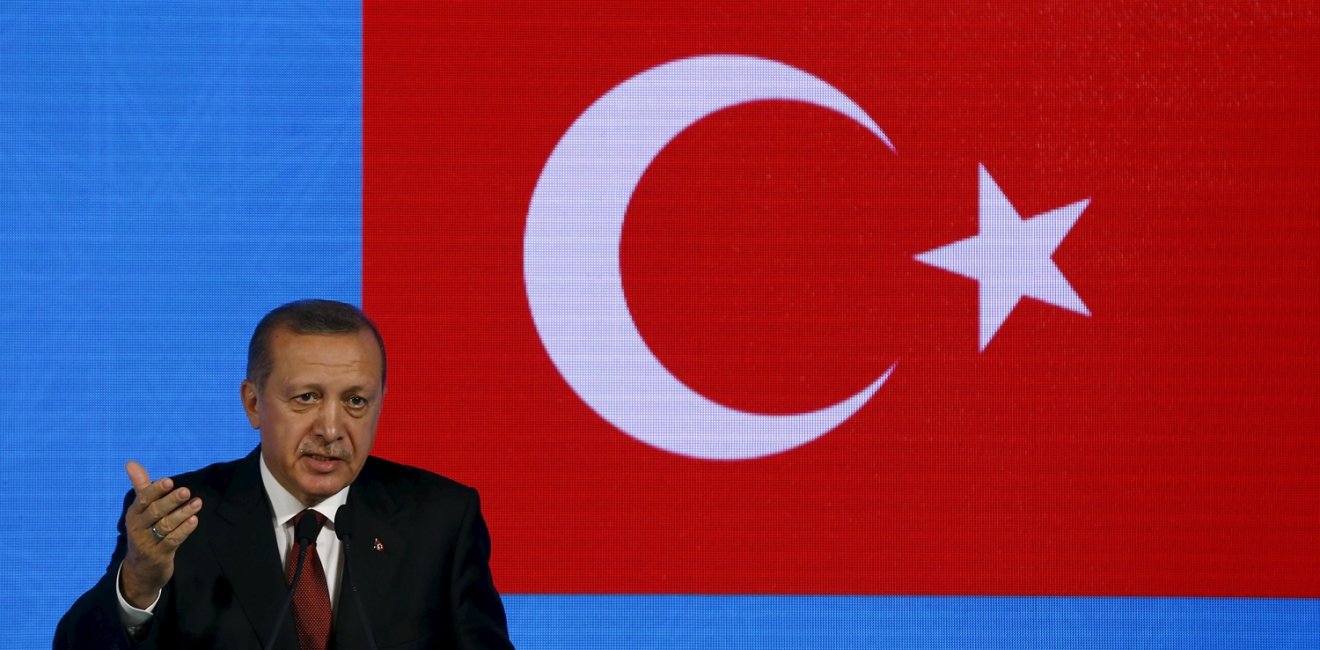How Turkey’s Accusations Against Academics in Wake of Coup Attempt Echo Iran’s Practices
Not all that long ago, Turkey was an example of the possibility of democracy in the Middle East. But it has started down the slippery slope of its neighbors.
Not all that long ago, Turkey was an example of the possibility of democracy in the Middle East. But it has started down the slippery slope of its neighbors.

Turkey has contracted Iran’s paranoia. Unable or unwilling to believe that Turkish citizens might independently act against their government, authorities in Istanbul have accused the U.S. government of aiding the military’s recent coup attempt and have sought to extradite a cleric living in Pennsylvania. Pro-government Turkish newspapers have also–and improbably–implicated a group of academics from Turkey, the U.S., and other countries who happened to be in Turkey when the coup effort occurred.
The academics had gathered last month in Buyukada, a small island near Istanbul, for a conference planned and arranged last December by Henri Barkey, a colleague of mine who directs the Woodrow Wilson Center’s Middle East Program in cooperation with the Global Political Trends Center at Istanbul Kultur University. Invitations went out in the spring–months before the July coup attempt.
There was nothing clandestine or sinister about the conference, which brought together specialists on Iran, Turkey, and the Middle East. Mr. Barkey is a respected academic and is widely considered an expert on modern Turkey. He is not a spy, nor does he plan coups.
Yet Turkish newspapers have published front-page headlines suggesting or directly asserting connections between the conference and the coup. Insinuating a nonexistent significance in the concurrence of the conference and the putsch effort, these stories weave together unconnected bits of information to suggest that Mr. Barkey works for the CIA. One such headline: “CIA’s clandestine meeting in Istanbul on coup night.”
Such headlines echo the practices of Iran’s security agencies as well as the Soviet KGB and its successors in today’s Russia. The Russians like to suggest that the velvet revolutions that swept away communist regimes in the satellite states of the former Soviet Union were the work of U.S. agents. In Iran, security agencies and officials have made it a practice to accuse academics, often those with dual citizenship, of plotting with foreign powers to overthrow the regime. Nine years ago I and two other dual-national academics were arrested and placed in solitary confinement in Evin prison in Tehran for allegedly attempting to foment a “soft revolution” in Iran–by organizing or participating in conferences and panels. Similar arrests and accusations have followed for years.
As I write this, the list of those lingering in Iranian prisons includes Homa Hoodfar, a retired university professor from Canada who was doing research on women’s issues; Siamak Namazi, a businessman who has written critically of U.S. and European sanctions inhibiting medicines from reaching Iran; Mr. Namazi’s father, Baquer, a retired expert on poverty alleviation who was told he could visit his detained son and was arrested after arriving in Tehran; and Robin Shahini, a 46-year-old with U.S. and Iranian citizenship who was arrested in July while visiting family.
Not all that long ago, Turkey was an example of the possibility of democracy in the Middle East. But it has started down the slippery slope of its neighbors. Internal disorders are blamed on CIA machinations. Academic activity is being criminalized. The Turkish government has revoked the licenses of more than 21,000 teachers and suspended thousands of others. It has intensified its crackdown on media outlets; now it can ban any outlet it considers a threat to national security.
As has long been the case in Iran, normal interactions among academics in Turkey are being depicted as part of a U.S. plot to expand American influence and overthrow regimes. Paranoia is spreading like a virus in the region. These actions damage the Turkish government itself and damage by example.
The opinions expressed here are solely those of the author.
This article was originally published in the Wall Street Journal's Think Tank blog.


The Wilson Center’s Middle East Program serves as a crucial resource for the policymaking community and beyond, providing analyses and research that helps inform US foreign policymaking, stimulates public debate, and expands knowledge about issues in the wider Middle East and North Africa (MENA) region. Read more



